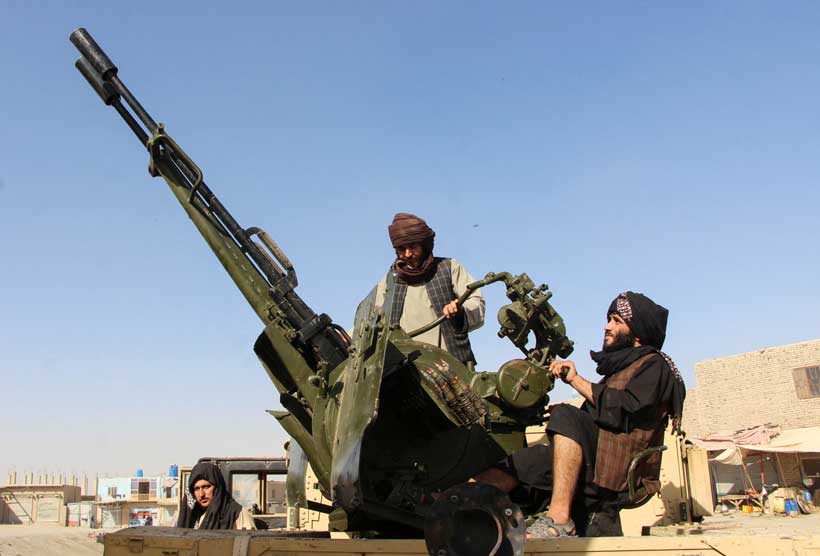Afghan Taliban accuse Pakistan of deadly airstrikes as border tensions spike

Civilian casualties in eastern Afghan provinces
Afghanistan’s Taliban administration says Pakistani warplanes carried out overnight airstrikes in three eastern provinces, killing at least 10 civilians, most of them children, and injuring several others. Officials in Kabul say the bombs hit a residential compound in Khost province as well as areas in Kunar and Paktika, flattening homes and leaving families buried under debris. Local Taliban authorities described the strikes as a “violation of Afghan sovereignty” and warned that repeated attacks could force a military response. Pakistan has not yet issued a detailed public account of the incident, but security sources in Islamabad have previously defended cross-border operations as necessary to target militant groups.
The strikes come just weeks after earlier clashes along the border left dozens dead on both sides, despite a ceasefire agreement brokered in Doha. Afghan officials accuse Pakistan of using air power and artillery to pressure Kabul into acting against Pakistani Taliban militants sheltering on Afghan soil. Islamabad argues that Kabul has not done enough to rein in fighters who use Afghan territory to stage attacks inside Pakistan. The frontier has long been porous and contested, but the latest escalation has raised fears that limited skirmishes could spiral into a broader confrontation.
Ceasefire under strain as diplomacy stalls
Diplomats say the incident highlights how fragile recent peace efforts have been, even after Turkey and Qatar hosted rounds of talks between Afghan and Pakistani delegations. Those discussions focused on joint border security mechanisms and intelligence sharing, but ended without a durable roadmap for disarming militants. Analysts note that both governments face domestic pressure to appear tough, making concessions politically costly despite the humanitarian risks of renewed conflict. Calls from regional powers and the United Nations for de-escalation have so far led only to vague pledges to “exercise restraint.”
For civilians living near the frontier, the latest airstrikes are another reminder that peace agreements on paper can quickly unravel on the ground. Families displaced by earlier fighting have struggled to return, citing the risk of stray shelling and aerial bombardment. Humanitarian agencies warn that winter will make it harder to reach remote communities if violence intensifies, leaving children and the elderly particularly vulnerable. With both sides trading accusations and no independent investigation yet on what exactly happened in the night-time raids, border residents are bracing for further uncertainty rather than a clear path to stability.












